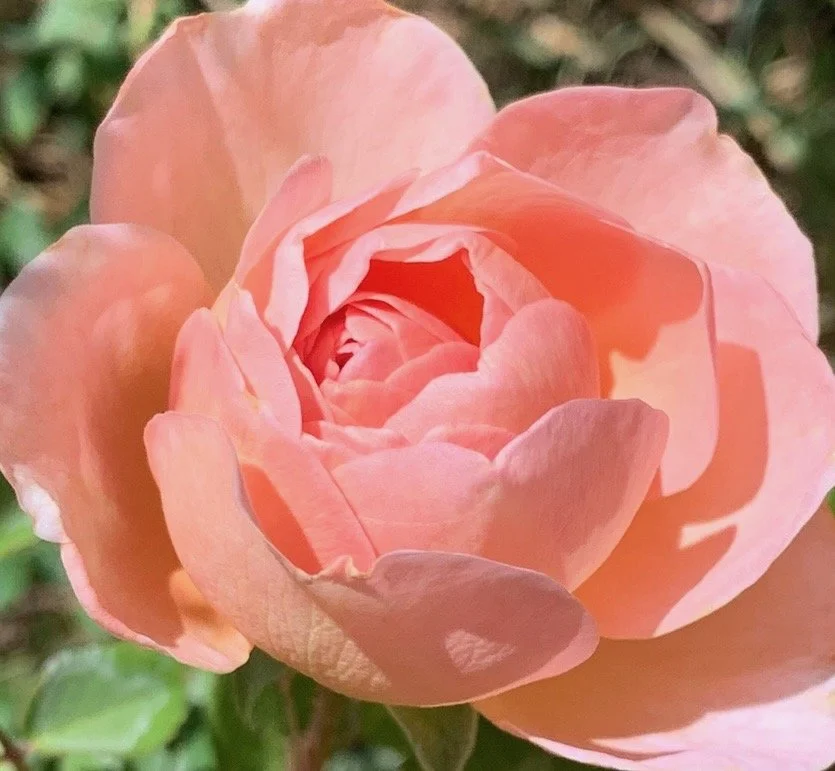Rose Hydrosol Water Vs. Rose Water
The Key Differences Between Rose Water and Rose Hydrosol Water
While many people use these terms interchangeably, there are important distinctions between rose water and rose hydrosol in terms of production method, purity, and benefits.
Production Method
Rose Hydrosol: Rose hydrosol is rose distillate, which is the water soluble fraction collected during the production of rose essential oil. The Science of Ancient Beauty Practices - Newsweek The essential oil floats to the surface of the collected water and is skimmed off the top; the remaining water is a pure hydrosol or plant distillate. The History of Skincare | Wild Human Skincare
Pure rose water, also known as rose hydrosol, is crafted through a meticulous steam distillation process of rose petals. This method isn't a quick affair; it requires a full day and an abundance of freshly picked, premium rose blossoms. Ancient Beauty Rituals: They Did it First
Rose Water: Rosewater is water infused with the essential oil of roses. In contrast, rose hydrosol is the aromatic water that remains after steam-distilling of roses. Timeless Beauty: Ancient Skin Care Rituals and Their Role in Modern Regimens — New River Dermatology This means rose water can be made by simply adding rose essential oil to regular water or by other infusion methods.
Purity and Quality
Rose Hydrosol: It is especially produced for quality and is much more likely to retain its natural minerals than rose water. The History of Skincare: From Ancient Rituals to Modern Marvels - Reviva Labs Rose hydrosol is considered the more authentic and pure product because it's a direct byproduct of the essential oil production process.
Rose Water: Rose waters often contain additives, and are much less potent than rose hydrosols; however, since they are relatively inexpensive, some manufacturers use a standard rose water in their rose toners instead of a rose hydrosol. The Evolution of Skin Care from Ancient to Modern Times
Essential Oil Content
The key difference lies in the concentration and presence of essential oils; rose water typically contains fewer essential oil components than rose hydrosol. ELYSIAN Magazine | Skincare in Ancient Times This means rose hydrosol naturally contains more of the beneficial plant compounds that were extracted during the distillation process.
Preservatives and Shelf Life
Rose Water: To maintain shelf stability, rose water may include preservatives or stabilizers, especially if it's made from infused water or contains essential oil. These ingredients might extend its shelf life, which many individuals might find appealing who don't use the product daily. COSMETICS AND SKIN CARE PRODUCTS: A Historical Perspective - ScienceDirect
Rose Hydrosol: Rose hydrosol is often sold with fewer preservatives or none at all, depending on the brand. As a result, it may need to be stored in a cool, dark place or even refrigerated to preserve its freshness. COSMETICS AND SKIN CARE PRODUCTS: A Historical Perspective - ScienceDirect
Benefits and Potency
Rose Hydrosol:
Contains higher concentrations of water-soluble plant compounds
In addition to all of these, it offers mild aromatherapeutic benefits. The History of Skincare: From Ancient Rituals to Modern Marvels - Reviva Labs
More potent therapeutic properties
Retains natural minerals from the rose petals
Rose Water:
Rose water helps to hydrate the skin, leaving it soft and supple. It can be used as a facial mist to refresh the skin throughout the day. ELYSIAN Magazine | Skincare in Ancient Times
Generally milder and less concentrated
Often more affordable and widely available
How to Identify Quality
It should be Steam Distilled: Pure Rose Water is steam distilled using fresh roses which is also called Rose Hydrosol. This is a traditional technique to produce the purest rose water. Fragrance should not be strong: Rose Hydrosol is made traditionally using the steam distillation technique Facial Treatment Evolution: A Historical Perspective
The Bottom Line
The main takeaway is that true rose hydrosol and pure steam-distilled rose water are essentially the same product. The confusion arises because the term "rose water" is often used for cheaper, synthetic versions that are simply water mixed with rose essential oil or artificial fragrance.
When shopping for either product, look for:
Steam-distilled processing
No added synthetic fragrances
Minimal or no preservatives
Authentic sourcing from rose petals
For the highest quality and most therapeutic benefits, choose products specifically labeled as "rose hydrosol" or "steam-distilled rose water" to ensure you're getting the authentic, pure product rather than a synthetic alternative.

